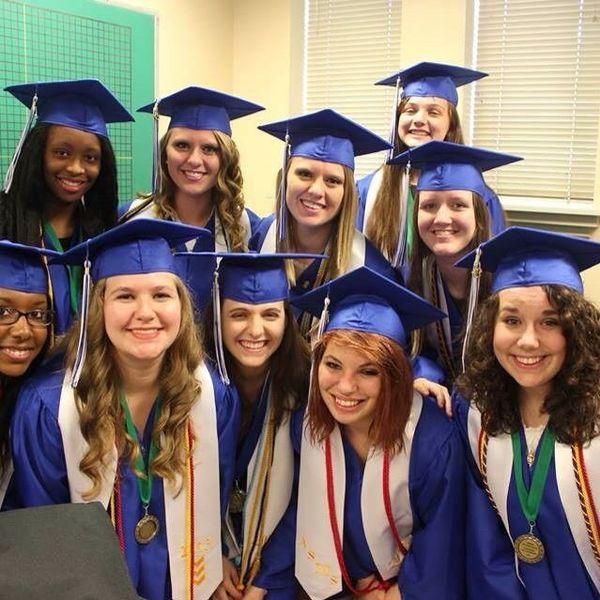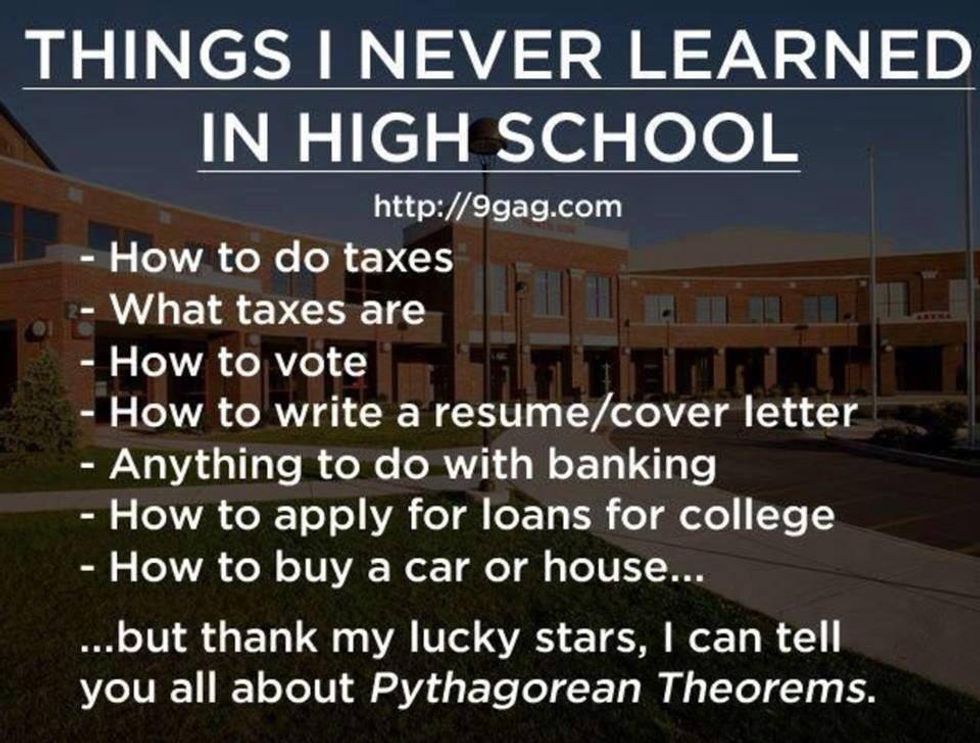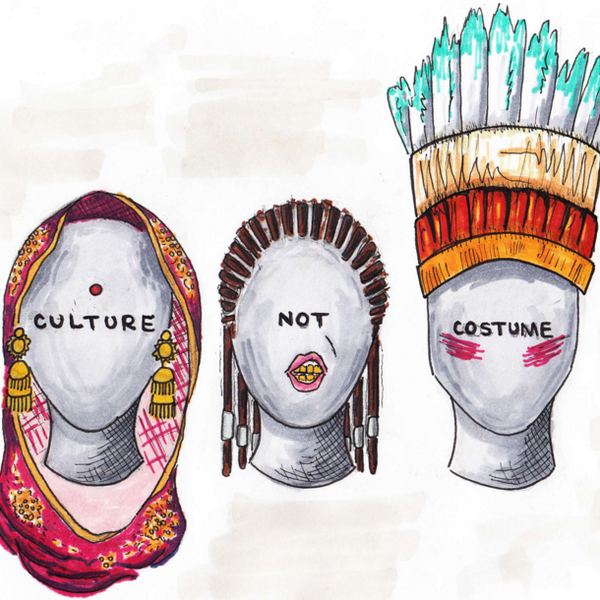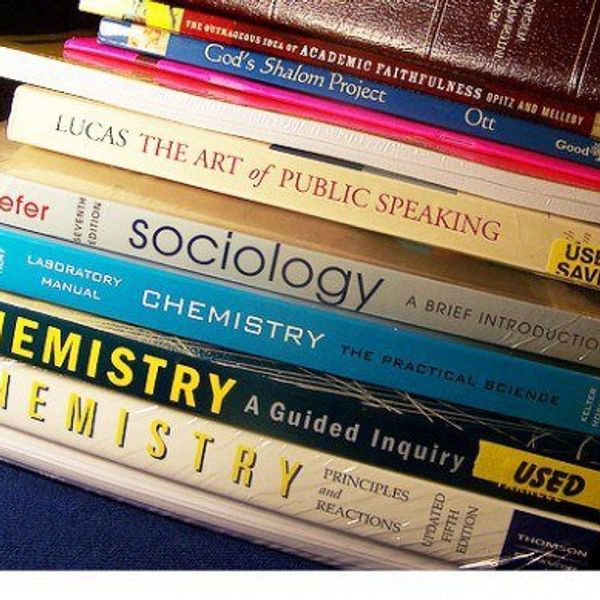Facebook is an interesting social media platform. It is the perfect place for memes to resurface countless times, people to go on rants, and share their opinions with the open public. More often than not, I see several posts complaining about school, school systems, and teachers. All of these infuriate me, especially one specific concept that I have seen float around every other week. The wording may differ from picture to picture, but the general idea is this:
This complaint irritates me because we did, in fact, learn everything listed while in high school. Let us start with the first topic:
1-2. Taxes
Students begin learning about taxes in the third-grade social studies. That’s right, third grade. Georgia’s Social Studies Standard SS3E2 states, “The student will explain that governments provide certain types of goods and services in a market economy, and pay for these through taxes and will describe services such as schools, libraries, roads, police/fire protection, and military.” Prior to mastering this standard, students must learn what a tax is. Each year to come in their education, students delve deeper into the strange worlds of taxes. By high school economics, students learn the differences between progressive, regressive, sales, proportional taxes, etc. as well as how to manage personal finances: “SSEPF3 The student will explain how changes in monetary and fiscal policy can have an impact on an individual’s spending and saving choices.” While it is not in the Georgia curriculum to teach how to do taxes, students are given every tool needed to take the initiative to learn themselves.
3. How to vote.
In high school, attendees learn about the voting and election process while in American Government/Civics. Standards SSCG7 and SSCG8 illustrate those requirements. Once seniors, students are mailed a notecard instructing them on how to register to vote.
4. How to write a resume and/or cover letter.
Georgia High School Graduation requirements require students to earn three credits in Career, Technical and Agricultural Education (CTAE), and/or Modern Language/Latin, and/or Fine Arts. Intro to Business and Technology is a CTAE course in which one of the standards requires students to learn and practice resume and cover letter writing. Many schools, including my Alma Mater, have mentor teachers who also discuss resume writing with their students.
5. Banking.
Again, we bring it back to the reliable high school economics. There is literally an entire unit spread out through the standards covering everything about banking. Need I say more?
6. Applying for college loans.
Once again, background information on applying for loans was taught in economics class. During senior year, students are confronted countless times on methods of financial aid, all they need to do is take the initiative and have the desire within them to figure it out.
7. The process of buying a car or house.
Once again, high school economics is our best friend. SSEPF3 and 4 focus on teaching students about using credit and protecting against financial loss. While this obviously does not teach the students how to make large purchases like a car or home, it gives them a foundation. If a person is ready to make such purchases, he or she must act like an adult and research.
The moral of the story seems to be to pay attention in your economics class. Students need to think twice before they bash their education, because more often than not, they have indeed learned what they claim they did not.






















